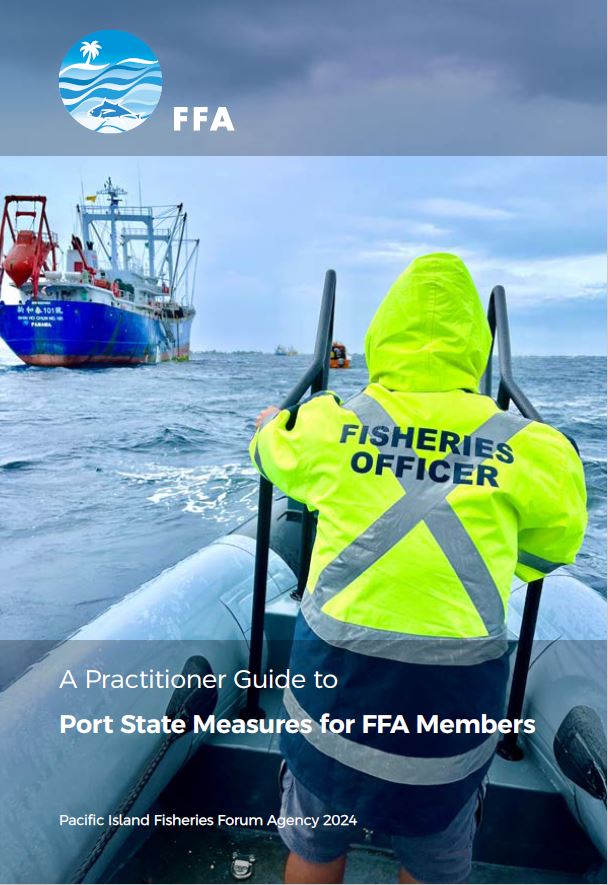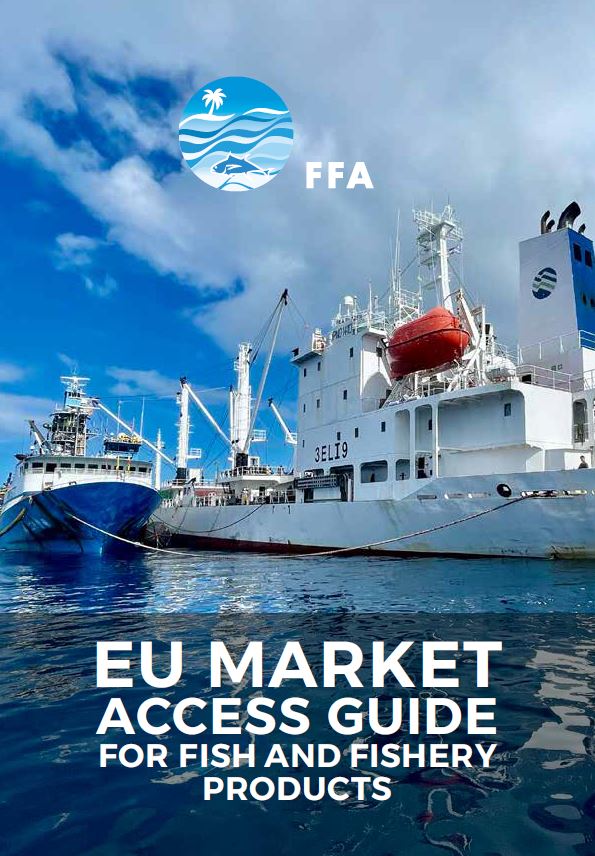Technical Reports
- An introduction to monitoring, control and surveillance systems for capture fisheries
- Recent trends in monitoring, control and surveillance systems for capture fisheries
- Review of the state of world marine capture fisheries management: Indian Ocean
- Review of the state of world marine capture fisheries management: Pacific Ocean




